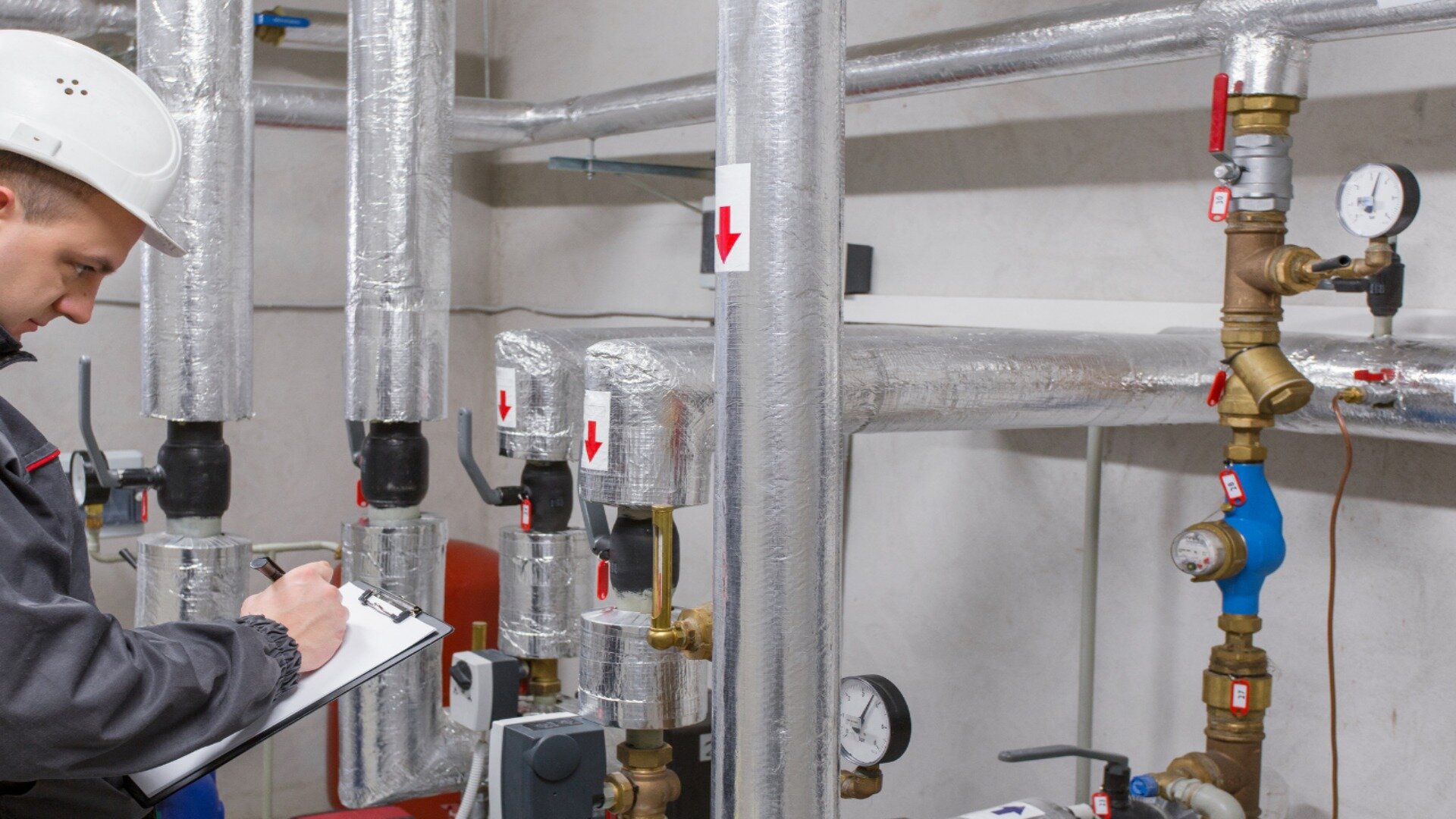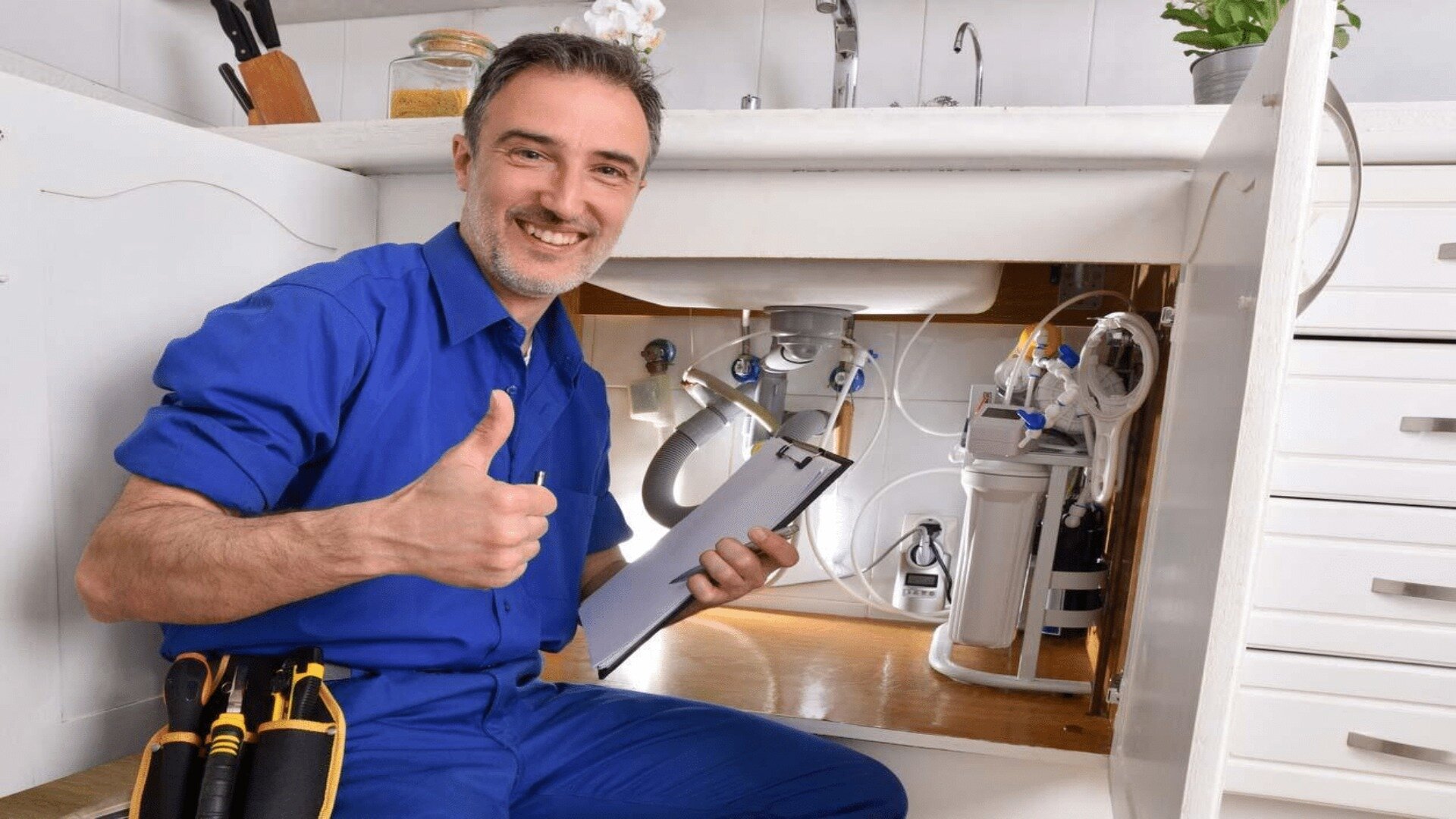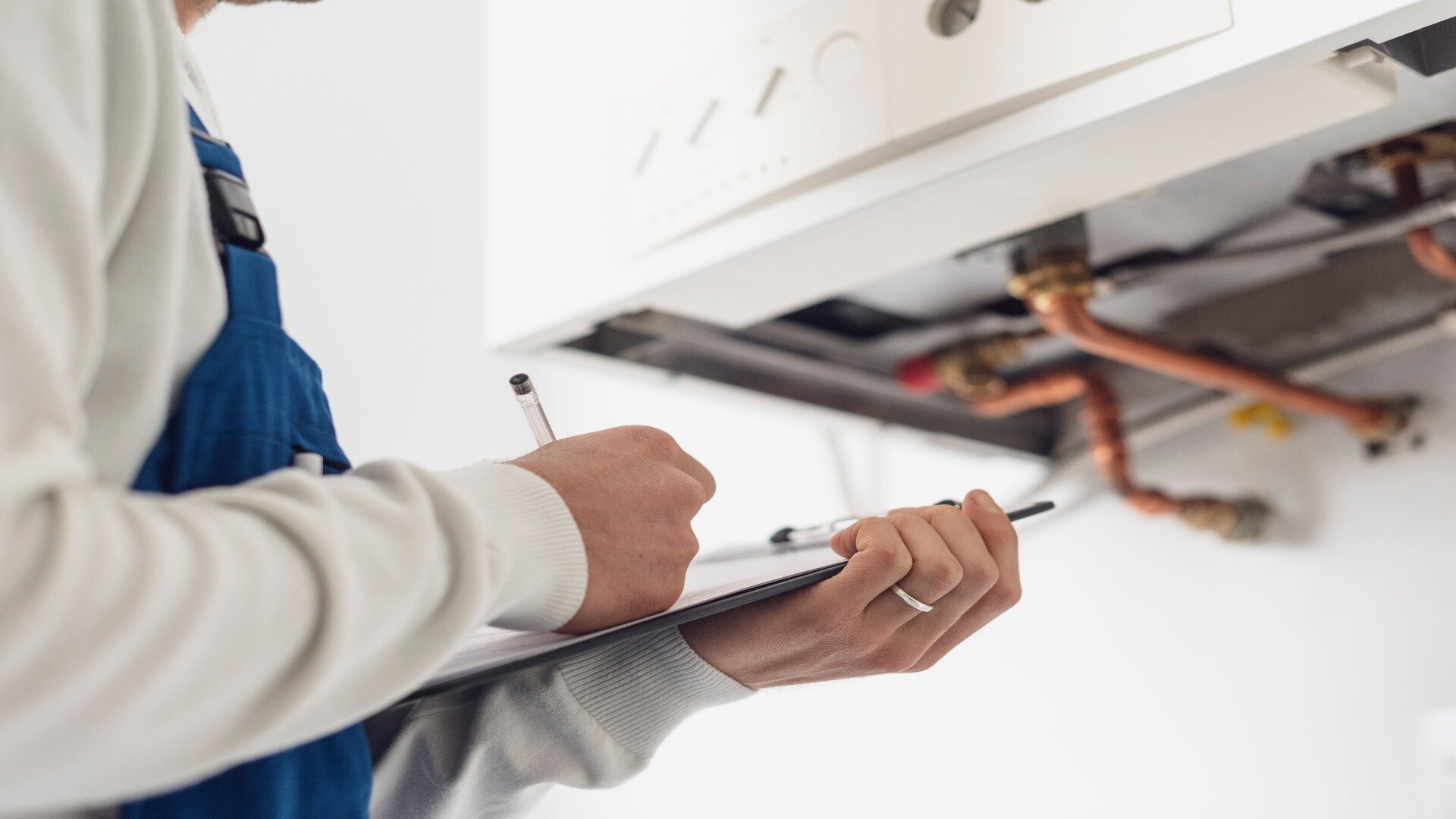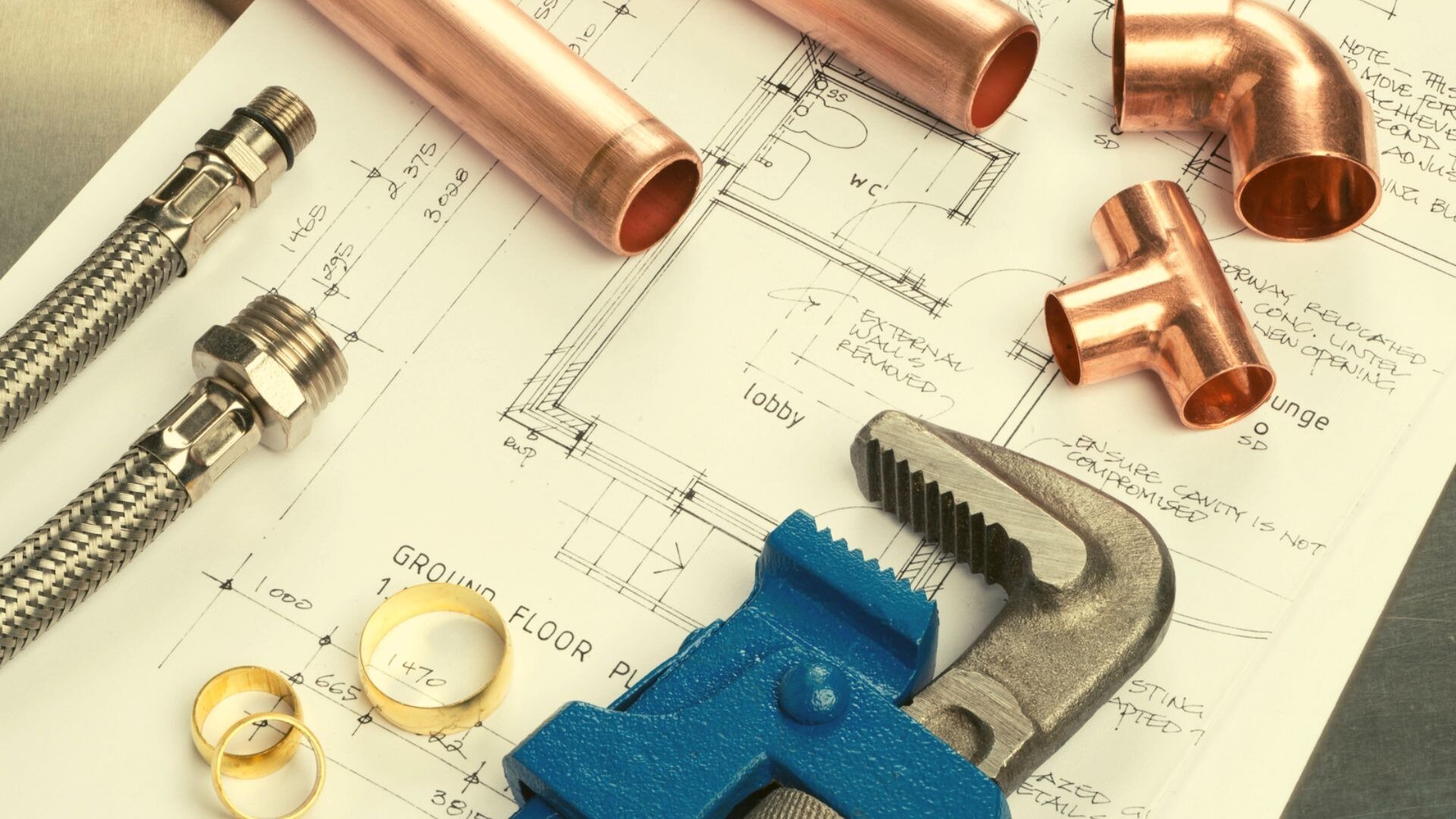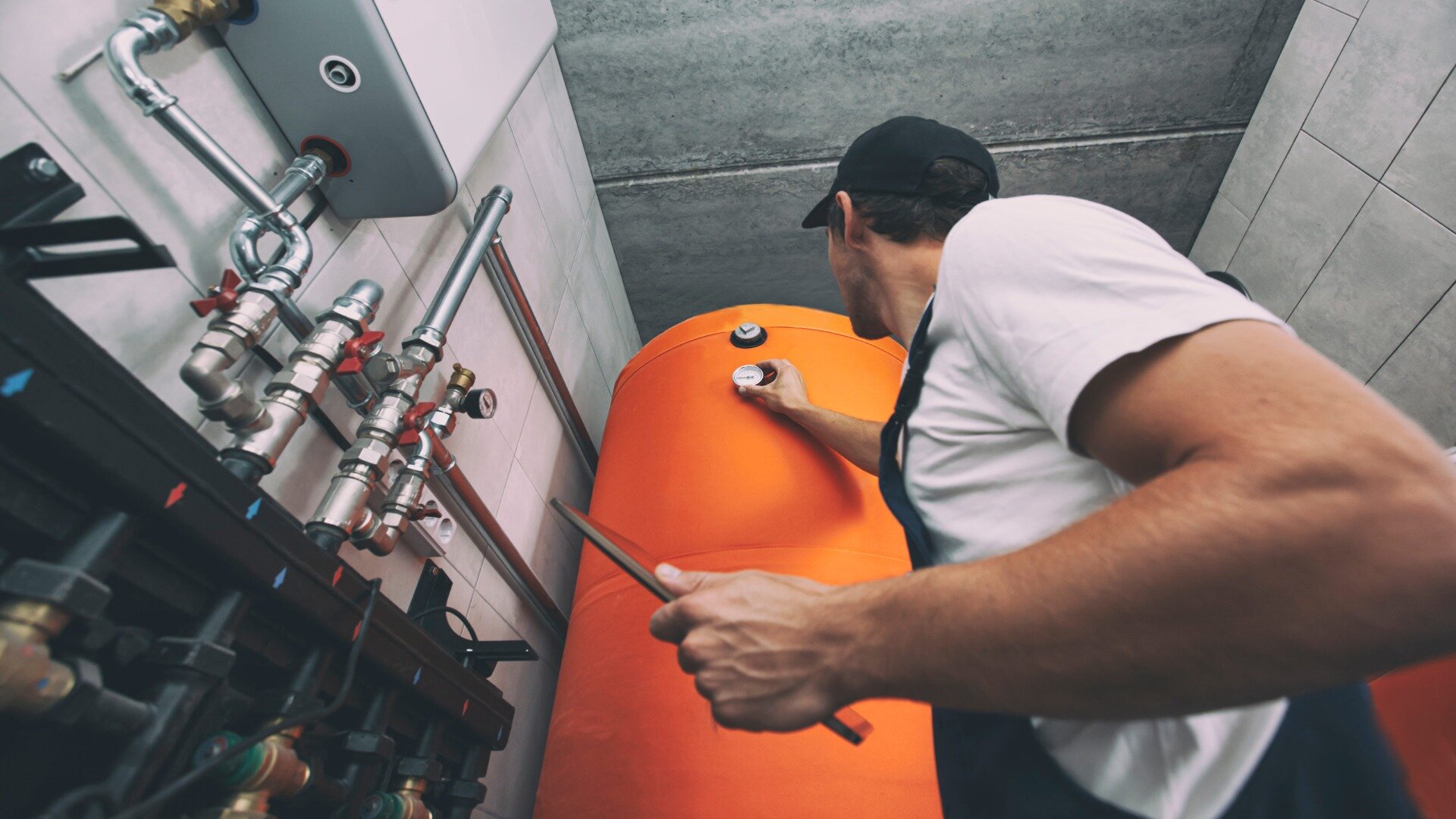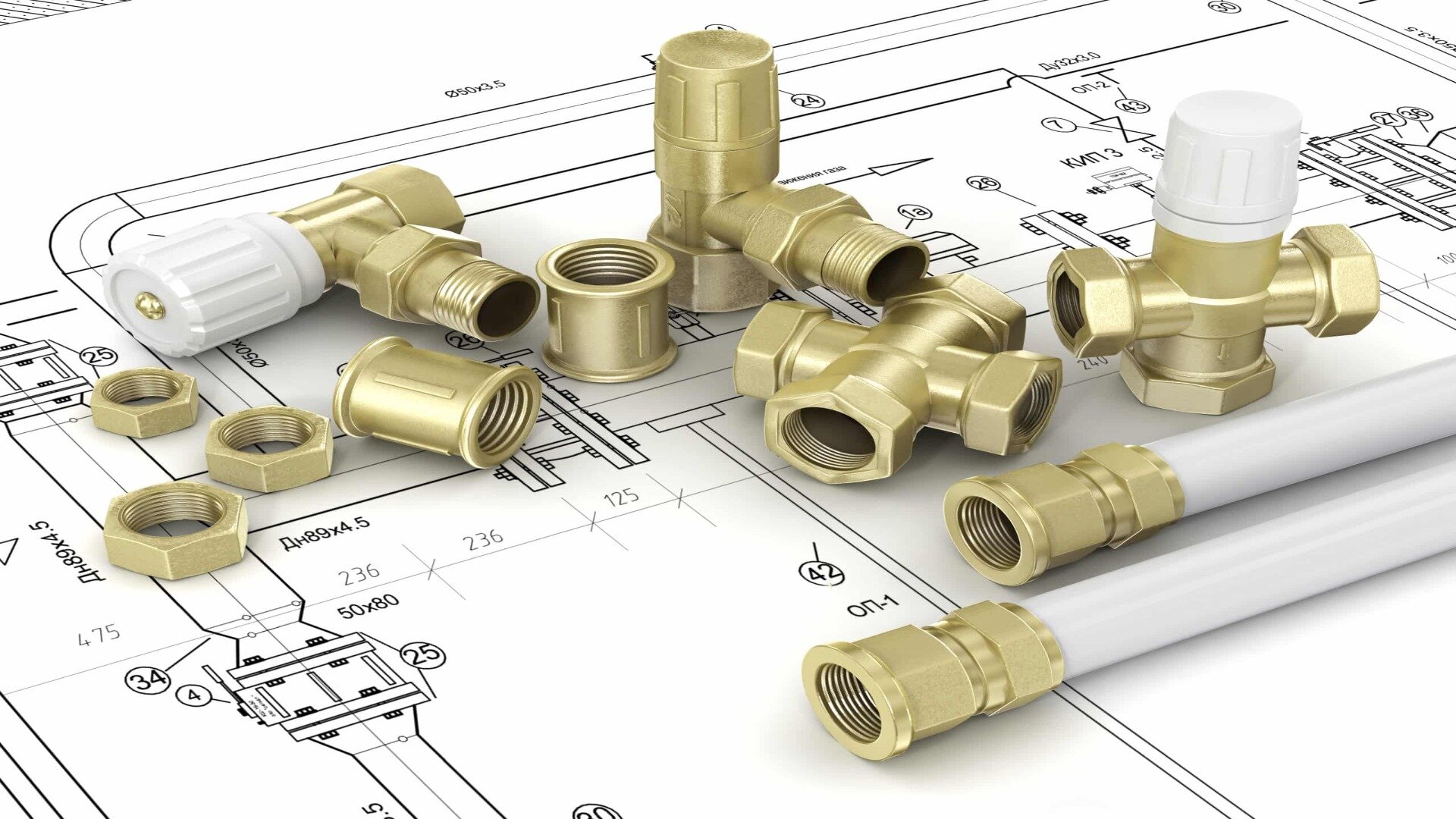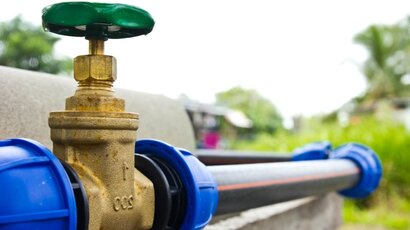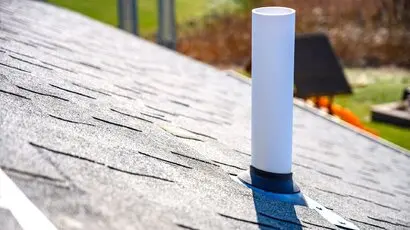![]()
As a commercial property owner, you understand the importance of maintaining reliable plumbing infrastructure. Your plumbing system works tirelessly behind the scenes to supply clean water and remove waste. However, plumbing pipes, fixtures, and other components will inevitably show signs of wear and deterioration over time. This is why commercial plumbing inspections are so crucial for your property.
A commercial plumbing inspection takes an in-depth look at your entire plumbing system, from pipes to fixtures to drainage. A professional conducts these inspections to catch minor issues before they become expensive repairs or disrupt business operations. As the owner, regular commercial plumbing inspections help you identify maintenance needs, plan repairs, and ensure everything operates safely and efficiently.
In this article, we’ll delve into why inspections are valuable and what you can expect from them. Discover how setting up regular check-ups can safeguard your commercial property’s plumbing and financial well-being.
What are Commercial Plumbing Inspections?
Commercial plumbing inspections evaluate all components of a commercial plumbing system, including pipes, fixtures, drainage systems, and water heaters. Conducted by professional plumbing inspectors with extensive experience, inspections provide a visual check and detailed report on the current condition and performance of the entire plumbing infrastructure.
![]()
Internal visual and camera inspections of hidden pipes identify signs of issues like leaks, corrosion, or clogged drains. Inspectors also perform water quality and pressure testing to check for compliance with local regulations.
Why are Commercial Plumbing Inspections Important?
Identify Hidden Issues Early
Regular inspections help spot leaks, clogs, or other issues before they turn into costly headaches. By catching problems early, you can manage minor repairs instead of facing major replacements. This proactive approach keeps your water bills in check, saving both resources and money.
Ensure Proper Drainage and Avoid Health Hazards
Inspectors check that drainage systems and grease traps work as intended to remove waste from fixtures quickly. If a blockage fails to drain correctly, this prevents health issues associated with standing water. If drainage becomes compromised, backups could contaminate occupied areas.
Confirm Compliance with Codes and Regulations
Inspections verify that your plumbing installation and fixtures still meet applicable local codes. This provides the safety and proper function assurances required by regulations. Failure to comply could result in permit or certification loss, impacting operations.
![]()
Prevent Deterioration and Damage
Corrosion can gradually weaken your plumbing materials. Spotting these issues early allows for repairing or replacing sections before they cause flooding or damage walls and floors. This proactive maintenance helps you avoid expensive water damage recovery.
Guard Water Quality and Conservation
Inspections include checking water attributes like temperature and impurities. Issues impacting health standards can be remedied before escalating. Leaks are found and stopped from silently wasting treated water and adding unnecessary expenses to utility bills.
Maximise Component Lifespan
Through regularly scheduled checks, parts like heaters receive maintenance, prolonging operational cycles. Timely care means replacing items when worn versus untimely crises disrupting schedules and budgets. Value is extracted from infrastructure investments.
How Often Should Inspections Occur?
Most commercial properties underwent plumbing inspections during initial construction and occupancy permitting. However, regular commercial plumbing inspections every 1-3 years are recommended to monitor a commercial plumbing system’s efficiency and identify common issues found over time.
Property managers and owners can plan the next plumbing inspection according to the timeframe suggested in the inspector’s detailed report.
![]()
The Inspection Process
Professional inspectors carry out both visual and camera checks of hidden pipes. Using detailed checklists, they examine every component—from pipes and valves to fixtures, drain lines, and grease traps. Inspectors focus on leaks, corrosion, and issues like tree root intrusions, slow drains, and toilet leaks. Camera inspections help spot internal issues like clogs or cracks that aren’t visible externally.
Inspectors also perform water quality and pressure testing to check for compliance deviations. They issue a completed checklist and detailed written report outlining findings, photos of issues discovered, and recommended repairs or maintenance. This provides property managers and owners accountability to adequately address items and plan for the following plumbing inspection in the advised timeframe.
![]()
Common Issues Found
Inspectors look for several common issues that can arise over time. Clogged or slow drains often result from grease or debris buildup. Minor leaks from old water heaters, faulty valves, or fixtures suggest a need for repairs if caught early. Low water pressure could point to buildup or deterioration affecting pipe strength.
Additional issues include backflow preventers past their certification date range, requiring re-testing to ensure proper function. Water tests may show unacceptable quality deviations that necessitate improved treatment. Inspectors also look for signs of corrosion prematurely decreasing the lifespan of metal plumbing materials. Loose or improperly installed fixtures need securement for sanitary reasons.
Finally, any damage providing cross-connection potential between unrelated pipes demands isolation to protect water purity. Addressing these routine concerns promptly helps prevent their progression into significant system failures.
![]()
Benefits Of Addressing Issues Identified During Inspections
Regular commercial plumbing inspections are vital in identifying leaks, flaws in plumbing fixtures, and other problems before they escalate. By promptly resolving flagged issues, property owners can maintain compliance with local building codes and ensure long-term safe, efficient operation of their commercial building’s plumbing system. Left unattended, even minor problems often develop into significant failures requiring costly repairs.
Taking a preventative maintenance approach through regular commercial plumbing inspections delivers numerous benefits. Scheduled repairs and component replacement based on inspection findings allow issues to be addressed non-disruptively. Costs remain manageable versus commercial emergencies. Safety compliance is verified to protect occupants. Inspectors also check for optimal water conservation efforts and extended fixture lifespan through proactive care.
Routine inspections identify minor problems beforehand, allowing owners to avoid costly temporary fixes or downtime from unplanned failures. Budgets accommodate planned maintenance rather than surprise repairs. Over the long run, this proactive framework means plumbing systems require less extensive work, lowering expenses substantially. It also protects public health and keeps operations running smoothly via a diligent preventive program informed by regular professional inspections.
Maintaining Commercial Plumbing System Efficiency
If it’s time for your commercial property’s next semi-annual plumbing inspection, contact the experts at WP Plumbing. As one of Melbourne’s leading providers of commercial plumbing services, WP Plumbing employs fully licensed plumbers with extensive experience conducting commercial plumbing inspections.
Their team thoroughly evaluates entire plumbing systems, from visual checks to camera scans and detailed reporting. WP Plumbing also promptly performs any repair or maintenance work identified as needed. Rely on their expertise to keep your commercial building’s pipes, fixtures, and drainage functioning flawlessly and to support continuous operations.
Schedule your inspection appointment with WP Plumbing online or by calling {{custom: phone}}.
FAQs About Commercial Plumbing Inspections
How often should commercial plumbing inspections take place?
Most experts recommend regular plumbing inspections every 6-12 months for commercial buildings. This allows for identifying issues before they cause costly repairs or disrupt business operations. Catching problems early is critical to avoiding expensive repairs down the road.
What does a typical commercial plumbing inspection involve?
Inspections involve a visual check of exposed plumbing components and camera inspections to identify hidden leaks or corrosion in walls.
Inspectors thoroughly examine the plumbing system, including pipes, fixtures, drainage and water heaters. They issue a report highlighting any problems discovered, like clogs, leaks or excessive corrosion, that need addressing.
Why are commercial plumbing inspections necessary for building owners?
Inspections help identify issues before they escalate, allow addressing problems to stay compliant with local codes and ensure plumbing systems function safely and efficiently in the long term. They also reveal signs of deterioration that need proactive repairs to avoid water damage or other costly repairs if left unaddressed.
How can addressing issues benefit building owners?
Promptly fixing problems identified during inspections means avoiding expensive emergency repairs when issues worsen. It also ensures the plumbing infrastructure’s maximum lifespan through preventative maintenance planned per inspection recommendations. Compliance is maintained, and liability risks are reduced.

